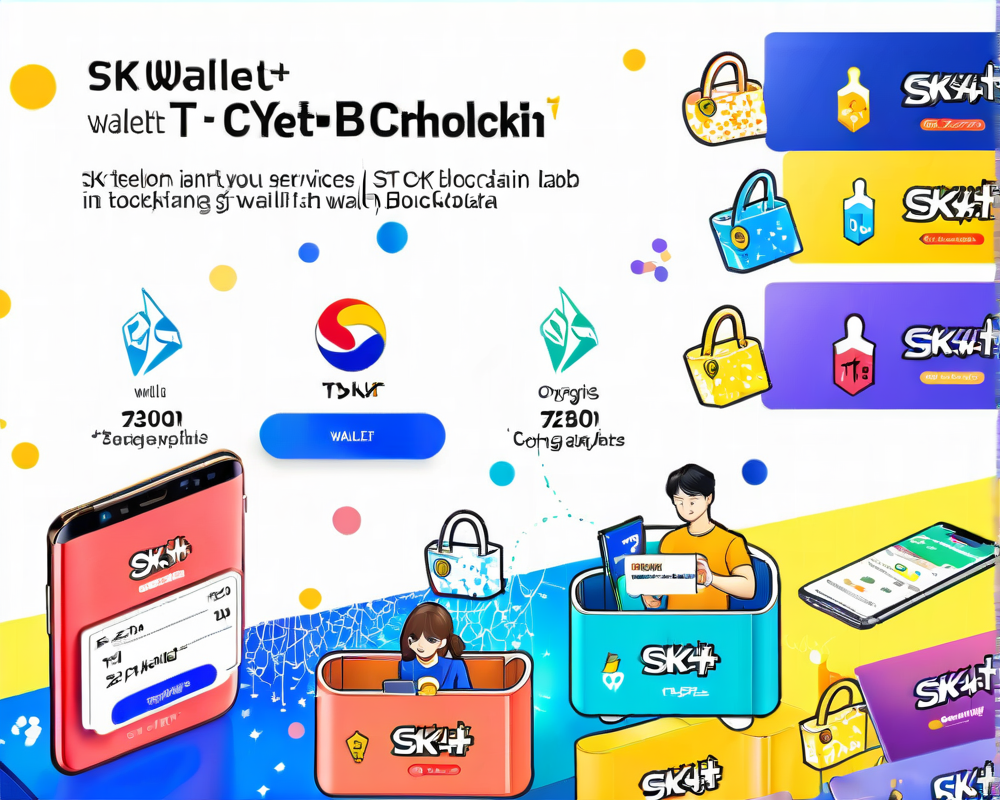Blockchain: The New Age of Business Contracts
The corporate world is no stranger to tedious paperwork and the occasional coffee stain on important documents. Enter Blockchain—a shiny new technology that promises to make business transactions smoother and significantly less messy. On September 16, 2016, IBM teamed up with the Bank of Tokyo-Mitsubishi UFJ (BTMU) to develop a system of smart contracts. The duo aims to automate their dealings, which is about as welcome as free donuts in the office!
The Smart Contract Revolution
So, what exactly is a smart contract? Picture this: you’re at a party where everyone is attending a game of charades, but instead of guessing, your friends can see the answer on a shared screen—no peeking allowed! As Robert Morris, IBM’s VP of Global Labs, explains, smart contracts live on a blockchain, where visibility is shared among all parties involved. They automatically execute transactions when agreed-upon conditions are met. Think of it as having a hyper-efficient butler managing your business contracts.
How It Works
- Goods cross a border.
- Customs give the thumbs up.
- The money flows faster than you can say, “This blockchain thing is amazing!”
IBM’s Expanding Blockchain Horizons
Thanks to its partnership with BTMU, IBM isn’t stopping at one project. They’re spreading their blockchain wings and working with players like the London Stock Exchange Group and Japan Exchange Group. However, Morris notes that many companies are keeping their blockchain projects under wraps, revealing just enough to keep competitors at bay.
The Win-Win Scenario
What’s in it for both companies, you ask? IBM seeks to enhance its role as a supplier by embedding security and identity in its blockchain network. The automation of invoicing and payment processes means both IBM and BTMU can operate like a well-oiled machine. BTMU benefits too, with simplified and more transparent internal processes—like finally clearing out that cluttered desk!
Singapore: The Blockchain Playground
Sneak peek into Singapore’s burgeoning role in the blockchain scene. Morris highlights how the Monetary Authority of Singapore is at the forefront, actively promoting experimentation. With initiatives like hackathons and industry engagements, they’re turning Singapore into a playground for fintech innovation. IBM has even set up a blockchain center of innovation there, aiming to make Singapore a hub of financial and technological brilliance.
Looking Ahead
With forward-thinking aspirations, IBM and BTMU are leaning into blockchain technology like a kid knocking on the neighbor’s door for Halloween candy. As they delve deeper into smart contracts and beyond, the benefits could span the globe, making the future of corporate transactions as exciting as a surprise holiday!




